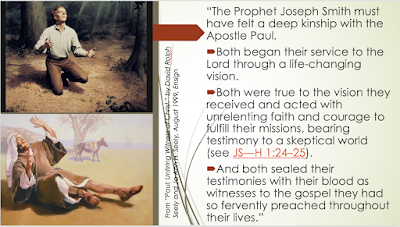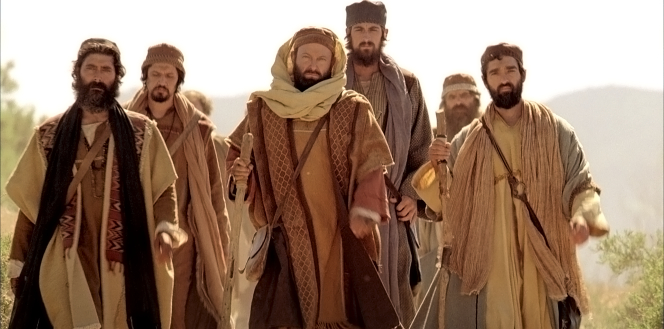A few weeks ago, I shared the inspiring video that I watched in 2010 that impacted me so greatly that it is still influencing how I view and prioritize creativity in my life. That talk made creativity a guide, a conscious decision, a joyful responsibility, and a comfort, instead of a guilty and rarely used pleasure in a busy life.
The same year I heard that talk, a friend of mine named Julia introduced me to a beautiful five-minute motivational speech called "The Invisible Woman." The speaker, Nicole Johnson, shares inspiration that applies to men, women, and children.
In our lives, we will sometimes - even frequently - be overlooked for the beautiful contributions we make to the world around us. At times, to add insult to injury, someone else will be applauded for our efforts. We may not all feel a need for validation or credit, but depending on our personalities and the effort we put into our contribution, there are times that we will feel like we have done big, hard things, or small, loyal things, all in vain, whether as a parent, a child, a student, an employee, a volunteer, or a neighbor. This feeling of being invisible, overlooked, and unappreciated may discourage us from creating the next time, but there is always a place and value for creation.
In the scriptures, the brother of the Prodigal Son felt this way when his father threw a celebration for his prodigal brother that had returned, when he, the older brother, had been laboring diligently for years, creating a home and a living for his family, and had never had a party thrown for him. While it is true that his father had likely not thrown him a party for his loyalty for all those years, his father simply and gently reminds him, "Son, thou art ever with me, and all that I have is thine." (Luke 15:11-32).
I love Nicole's speech for the way it reminds us that what we do is never in vain. When we choose to live to personal high standards, when we choose to create because of the beauty and value of creating, and not for other good but lesser reasons, we can find true joy.
May we be like Shiblon, a man referenced in the Book of Mormon by Michael T. Ringwood for being "a person who sacrificed his time, talents, and effort to help and lift others because of a love for God and his fellowmen (see Alma 48:17-19; 49:30)." (Michael T. Ringwood, Truly Good and Without Guile.)
Watch this beautiful speech to understand what it means that we are building a great cathedral, that we are creating for Him.
The same year I heard that talk, a friend of mine named Julia introduced me to a beautiful five-minute motivational speech called "The Invisible Woman." The speaker, Nicole Johnson, shares inspiration that applies to men, women, and children.
In our lives, we will sometimes - even frequently - be overlooked for the beautiful contributions we make to the world around us. At times, to add insult to injury, someone else will be applauded for our efforts. We may not all feel a need for validation or credit, but depending on our personalities and the effort we put into our contribution, there are times that we will feel like we have done big, hard things, or small, loyal things, all in vain, whether as a parent, a child, a student, an employee, a volunteer, or a neighbor. This feeling of being invisible, overlooked, and unappreciated may discourage us from creating the next time, but there is always a place and value for creation.
In the scriptures, the brother of the Prodigal Son felt this way when his father threw a celebration for his prodigal brother that had returned, when he, the older brother, had been laboring diligently for years, creating a home and a living for his family, and had never had a party thrown for him. While it is true that his father had likely not thrown him a party for his loyalty for all those years, his father simply and gently reminds him, "Son, thou art ever with me, and all that I have is thine." (Luke 15:11-32).
I love Nicole's speech for the way it reminds us that what we do is never in vain. When we choose to live to personal high standards, when we choose to create because of the beauty and value of creating, and not for other good but lesser reasons, we can find true joy.
May we be like Shiblon, a man referenced in the Book of Mormon by Michael T. Ringwood for being "a person who sacrificed his time, talents, and effort to help and lift others because of a love for God and his fellowmen (see Alma 48:17-19; 49:30)." (Michael T. Ringwood, Truly Good and Without Guile.)
Watch this beautiful speech to understand what it means that we are building a great cathedral, that we are creating for Him.














